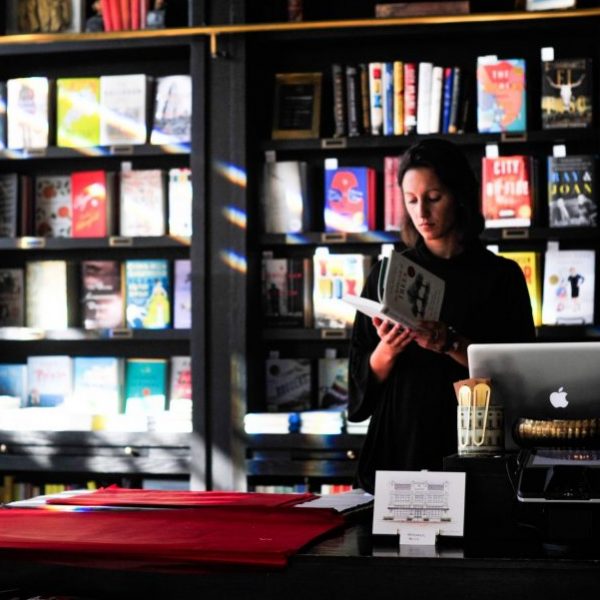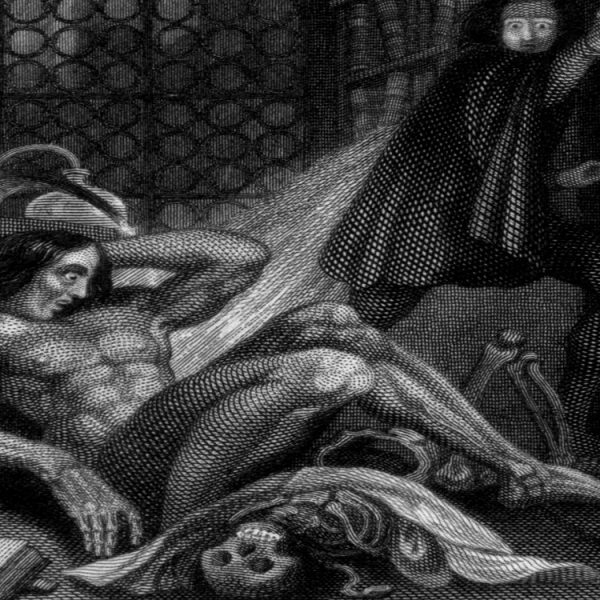What SUP From Your Favorite University Presses, June 13, 2014
Welcome to our weekly roundup of news from university presses! Once again, there is a lot to share this week from our fellow academic publishing houses and much to learn on What SUP at the social university presses. This week, we celebrate Flag Day, struggle with climate change, and deconstruct Franken stein. What did you read this week?
stein. What did you read this week?
Duke University Press launches its series of World Cup posts with a piece from Bryan McCann, author of Hard Times in the Marvelous City. McCann doubts that huge international sporting events benefit their host cities and breaks down why preparations in Brazil have been particularly damaging. FIFA, he says, has exploited and ignored a nation that no longer loves soccer the way it used to, faces economic stagnation, and hates being played for a fool.
Indiana University Press congratulates Maria San Filippo, author of The B Word. Her book has won a Lambda Literary Award for its engagement with bisexuality in a society that tends to cloak the orientation in other vocabulary. Maria San Filippo analyzes bisexuality in the context of contemporary screen culture, and the Press includes a podcast with the author discussing her work.
In celebration of Flag Day, Johns Hopkins University Press shares an excerpt from In Full Glory Reflected: Discovering the War of 1812 in the Chesapeake. Ralph Eshelman and Burt Kummerow tell how Francis Scott Key came to see the Battle for Baltimore from an extremely unlikely vantage point, and how that experience inspired him to write “The Star-Spangled Banner.”
Oxford University Press explores why it is so difficult to meaningfully address climate change. Dale Jamieson, author of Reason in a Dark Time: Why the Struggle Against Climate Change Failed — and What It Means for Our Future, argues that human evolution has not equipped us to understand this kind of problem. Jamieson says that “If carbon dioxide was sickly green in color and stank to high heaven, we would have done something about it by now.” To begin to combat climate change, then, “we need to make the threat as immediate and sensible as possible.”
Pennsylvania University Press continues its Mushroom Monday series with the American lepiota. Bill Russell, author of the Field Guide to Wild Mushrooms of Pennsylvania and the Mid-Atlantic, highlights the mushroom’s unusual colors and distinctive stem shape. According to Russell, the “mushroom has a long history of edibility, but a novice must be careful,” and make sure not to confuse it with the dangerous Amanita genus.
Stanford University Press spotlights Barbara Johnson’s deconstruction of Frankenstein. In A Life with Mary Shelley, the literary critic suggests that the now canonical novel can be read as “a fundamentally autobiographical text of distinctly feminine origin.” Other feminist critics, including Judith Butler, offer their commentary in support of Johnson’s thesis and in appreciation of her contributions to the discipline.
Wesleyan University Press is now distributing books by J.A. Rogers, the Jamaican-American author who challenged unscientific ideas about race and popularized African history. The self-taught historian’s work also encompasses sociology and anthropology. His books, most notably 100 Amazing Facts About the Negro with Complete Proof, highlight the achievements of Africans.


























